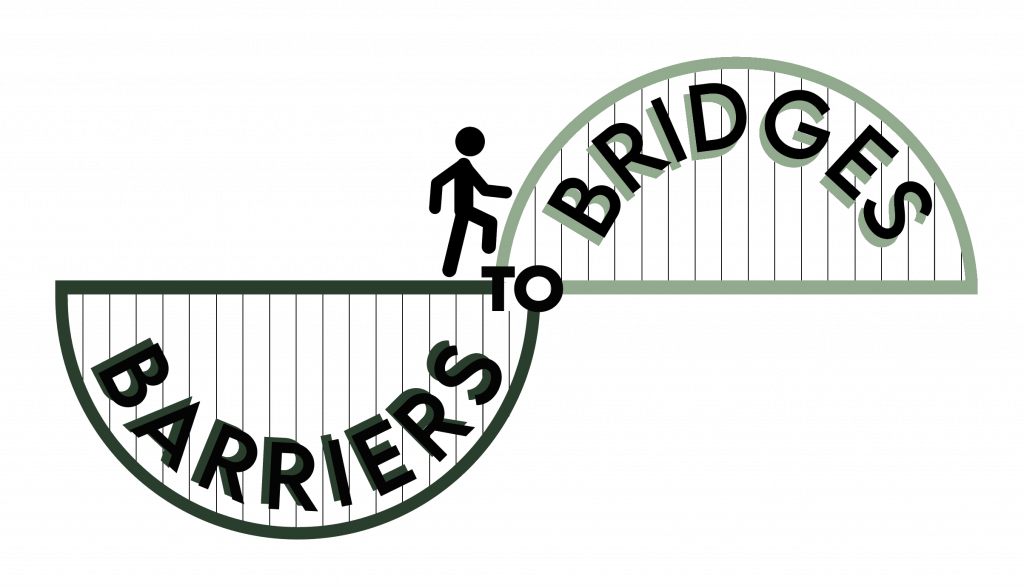by Dawn M. Sanders
Editor’s note: Due to the preference of some contributors, I have parted with common journalistic practice and used first names only.
Busking or street performance, has its long history with the intrepid or those on the scanty side of life, yet these days, it can simply be someone just wanting to get their talents recognised while making a few bob doing it. Especially with the music industry being so tough to get one’s foot-in-the-door’ many are taking to the streets as venues have been hit by the pandemic and are shutting down.
Street performers, especially musicians, are so much a part of our culture would it be noticed if they were not around? Whether their earnest, unwavering vocals trail down a wind tunnel of the bustling London underground or a bagpipe breaks through a crisp winter’s day in Glasgow, it takes a hardy spirit to brave the passing public on often indifferent streets. However, as with most areas of life – everyone has their own story to tell and path to how they arrived there.
Gerry Bernstein, 72, from Easton, Bristol started a year ago. “I got into busking because I started playing washboard about a year and a half ago, but during lockdown there were so few gigs going. ” The washboard originating from junk bands, had its place in skittle music in 1920s America.

Despite the novelty, Gerry finds it easier to sing with a handheld mic, it’s all karaoke with backing tracks.

Auriol Britton, also from Bristol, tells how in 2004, after a lot of reflecting on her writing which was not getting published at the time – if she wanted to make a go of singing, she had better get on with it, so she started doing licenced busking. “It was only supposed to be a stop-gap, while I got more wedding work ETC. But there isn’t a lot of that, and I’ve never yet been asked to sing for a divorce! I started in the London underground in 2007.”
The rules and guidelines governing busking throughout the UK seem to vary according to region and public versus private land is a factor. For example, Rochdale Borough Council indicate a licence is not required to busk there. It is recommended to contact a local council to be clear on licensing laws. Yet, some of these laws appear less stringent than others, such as amplification. Often a busker’s amplified music can drown out conversation or be heard billowing half the high street from getting off a bus.
Beggars posing as street musicians often cause issues, but if they are down-and-out as this article points out, the busking community may look the other way in comradery. Gursharaf, a random member of the public in Bristol’s Cabot Circus, gave credibility to legal status. He stressed how, if someone is outside and looking around at who is watching them – they are probably illegal. Auriol said: “Appearance is a big thing. If you look and sound good, you won’t be mistaken for a beggar.”
Commenting on how he views buskers, Gursharaf said: ”A lot of these guys are talented and I think, why have they not gotten their break. Why are they not more mainstream, doing what they’re supposed to be doing?” Yet: “It makes a happy place.”
Not only does busking boost the morale and confidence of aspiring musicians, but it has also been the springboard for names such as: the Hothouse Flowers, Tracy Chapman, B.B. King and others.
Despite the long tradition of independence and authenticity, busking has weathered many attempts to regulate and restrict, yet it has had to adapt to changing times, with card readers or social media marketing.
“To me, it’s about performing, giving out a lot of love and happiness to people.” Gerry said.
© 2021
